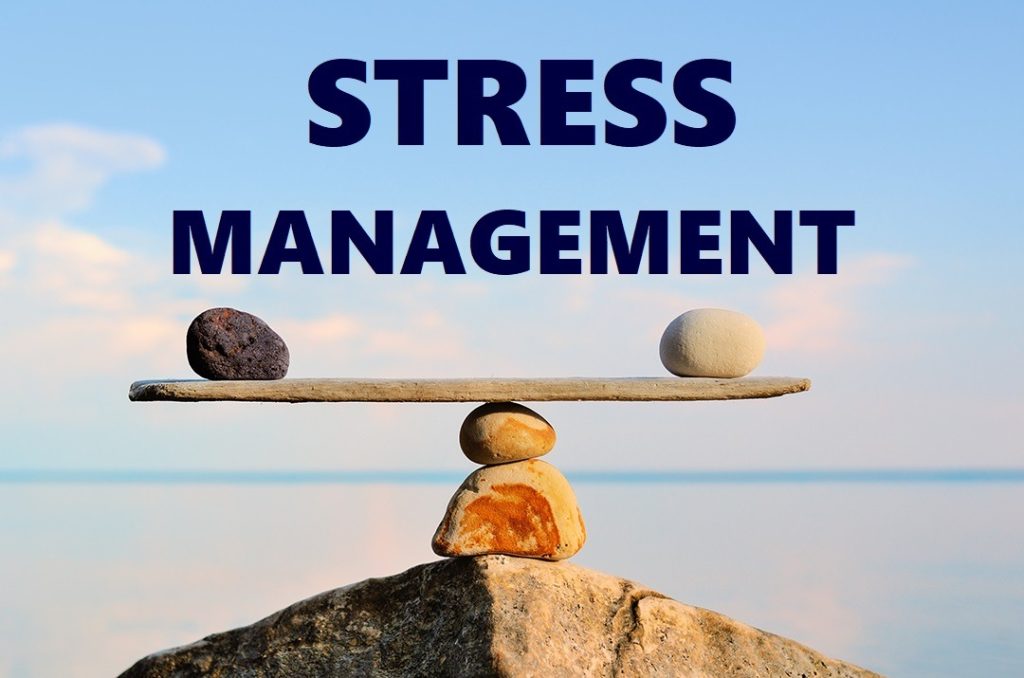
Infusions Pakistan – Bringing Health & Wellness Back Into Everyday Life
Because your health deserves nature’s touch. In today’s fast-paced world,

What Are Hormones?
Hormones are chemical messengers that coordinate various functions in the body by transmitting signals through the blood to organs, skin, muscles, and other tissues. These signals instruct the body on what actions to perform and when. Hormones are vital for life and health.
Scientists have identified over 50 hormones in the human body.
The endocrine system, comprising hormones and the tissues (primarily glands) that produce and release them, regulates many bodily processes, including:
– Metabolism
– Homeostasis (maintaining internal balance)
– Growth and development
– Sexual function
– Reproduction
– Sleep-wake cycle
– Mood
What Is a Hormonal Imbalance?
A hormonal imbalance occurs when there is too much or too little of one or more hormones. This broad term can describe various hormone-related conditions. Hormones are powerful signals, and even slight imbalances can lead to significant bodily changes and conditions requiring treatment. Some hormonal imbalances are temporary, while others are chronic and may impact physical health or quality of life.
Conditions Caused by Hormonal Imbalances:
Hormonal issues can lead to numerous medical conditions. For most hormones, an imbalance causes symptoms and health issues, some requiring treatment, while others may resolve on their own. Common hormone-related conditions include:
– Irregular Menstruation: Hormonal imbalances can disrupt the menstrual cycle, causing conditions like PCOS and amenorrhea.
– Infertility: Hormonal imbalances, such as those caused by PCOS and low testosterone, are leading causes of infertility.
– Acne: Hormone fluctuations, particularly during puberty, can lead to acne.
– Hormonal Acne (Adult Acne): Hormonal changes can increase skin oil production, especially during pregnancy, menopause, or testosterone therapy.
-Diabetes: The most common hormone-related condition in the U.S., diabetes occurs when the pancreas doesn’t produce or use insulin properly.
–Thyroid Disease: Conditions like hypothyroidism and hyperthyroidism involve imbalances in thyroid hormones.
–Obesity: Hormonal imbalances, such as excess cortisol and low thyroid hormones, can contribute to weight gain.
Symptoms and Causes
Signs and Symptoms of Hormonal Imbalance
Hormonal imbalances can cause various symptoms depending on which hormones are affected. Symptoms can overlap with other conditions, so it’s essential to consult a healthcare provider for accurate diagnosis and treatment.
Metabolism-Related Symptoms:
– Slow or rapid heartbeat
– Unexplained weight gain or loss
– Fatigue
– Constipation or diarrhea
– Numbness and tingling in hands
– High blood cholesterol levels
– Depression or anxiety
– Temperature sensitivity
– Skin changes
– Irregular fat distribution
– Excessive thirst and frequent urination
Sex Hormone Imbalance Symptoms in People AFAB:
– Acne
– Hair loss
– Heavy periods
– Excess body hair (hirsutism)
– Hot flashes
– Infertility
– Irregular periods
– Low libido
– Vaginal atrophy and dryness
Sex Hormone Imbalance Symptoms in People AMAB:
– Decreased body hair
– Erectile dysfunction
– Enlarged breast tissue (gynecomastia)
– Infertility
– Low libido
– Loss of muscle mass
Can Hormonal Imbalance Cause Weight Gain?
Yes, hormonal imbalances can lead to weight gain, such as:
– Hypothyroidism: Low thyroid hormone levels slow metabolism, leading to weight gain.
– Cushing’s Syndrome: Excess cortisol causes rapid weight gain in specific body areas.
– Menopause: Hormonal changes during menopause can slow metabolism, resulting in weight gain.
Can Hormonal Imbalance Cause Anxiety?
Yes, certain hormonal imbalances can cause anxiety, including:
– Hyperthyroidism: Excess thyroid hormone speeds up metabolism, causing anxiety and nervousness.
– Cushing’s Syndrome: Excess cortisol can lead to anxiety, depression, and irritability.
– Adult-Onset Growth Hormone Deficiency: Can cause anxiety and depression.
Causes of Hormonal Imbalances
Hormone levels naturally fluctuate throughout life and even daily. Significant changes occur during puberty, pregnancy, and menopause. Other causes of hormonal imbalances include:
-Stress
– Medications
-Steroid use
Chronic hormone-related conditions can stem from:
-Tumors or adenomas: These growths can affect hormone production.
-Endocrine gland damage: From surgery, blood loss, infections, radiation, or trauma.
-Autoimmune conditions: Where the immune system attacks hormone-producing glands.
Diagnosis and Tests
Hormonal imbalances are typically diagnosed through blood tests that measure hormone levels. Depending on the hormone, providers may order other tests. Medical history, symptoms, and physical exams also play a role in diagnosis.
Management and Treatment
Treatment depends on the underlying cause of the imbalance:
-Hormone Replacement Therapy: For low hormone levels, using oral or injectable medications.
-Medications, Surgery, or Radiation Therapy: For high hormone levels or tumors causing hormone imbalances.
Preventing Hormonal Imbalances
While many hormonal imbalances aren’t preventable, maintaining overall health can help keep hormones balanced:
– Maintain a healthy weight
– Eat a balanced diet
– Exercise regularly
– Manage stress
– Get adequate sleep
– Manage chronic conditions
– Avoid smoking
When to See a Healthcare Provider
Consult your healthcare provider if you experience new, persistent symptoms. They can perform tests to determine if a hormonal imbalance or another condition is the cause. Early diagnosis and treatment can help you feel better sooner.
Visit Our Online Store for more natural and herbal health and wellness related products.
https://infusions.pk/shop/

Because your health deserves nature’s touch. In today’s fast-paced world,

Herbal adaptogens stress management offers natural support to calm anxiety,

Green tea weight management harnesses powerful antioxidants (EGCG) to boost